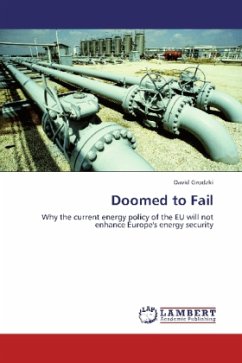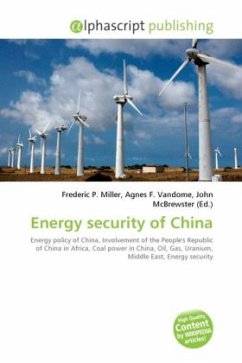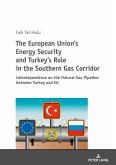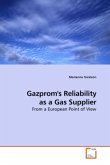Efforts to diversify suppliers and supply routes, the integration of renewables into national energy mixes and the completion of the internal energy market have been on the EU's agenda for many years and have become more urgent after the recent supply cuts caused by disagreement between Russia and transit countries that have left parts of the EU in the cold. Will current efforts succeed and improve energy security? The answer is negative, though the problems are not due to a lack of legislation or omission of urgent questions, but are rooted in the structure of the EU and its weak competence with regards to energy policy. Precise and comprehensive, this work focuses on the energy policy of the EU by providing a detailed analysis of its flaws and potentials and highlights the diversified approaches undertaken by its six biggest member states: Germany, France, Spain, Italy, Poland and the UK. Each country's policies illustrate shortcomings and possible solutions and allow to formulate recommendations how national energy policies can serve European energy security.
Bitte wählen Sie Ihr Anliegen aus.
Rechnungen
Retourenschein anfordern
Bestellstatus
Storno








